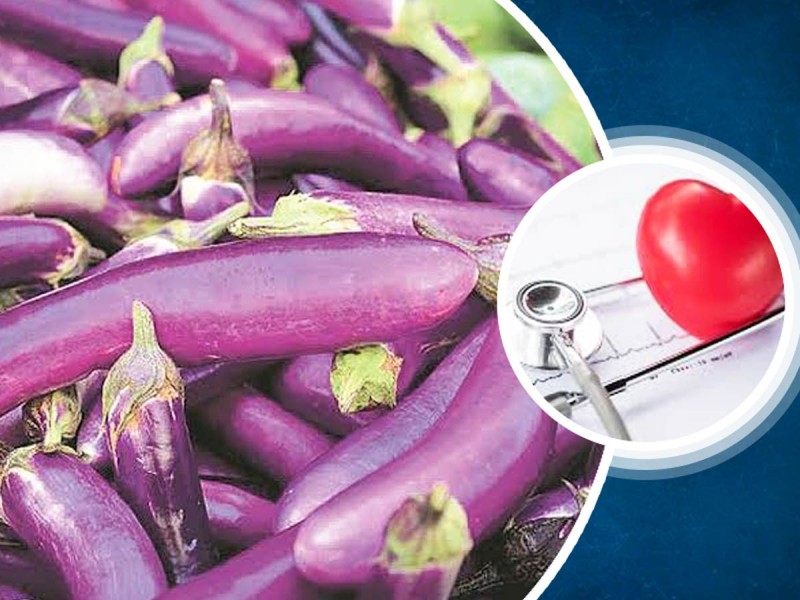
Brinjal, also known as eggplant or aubergine, is a versatile vegetable commonly used in various cuisines around the world. It's known for its distinct flavor and rich nutritional profile. However, there are certain groups of people who should exercise caution when consuming brinjal. In this article, we'll explore the reasons why some individuals should avoid or limit their brinjal intake. Brinjal is a widely consumed vegetable with a unique taste and texture. While it offers numerous health benefits, it may not be suitable for everyone due to various factors. This article aims to shed light on who should exercise caution when it comes to brinjal consumption.
Brinjal is low in calories and rich in dietary fiber, vitamins, and minerals. It contains antioxidants that contribute to overall health. However, its nutritional value might not outweigh certain risks for specific individuals.
Before delving into who should avoid brinjal, it's important to acknowledge its potential benefits. These include improved heart health, better digestion, and diabetes management. Nevertheless, moderation and individual considerations are key.
Children are generally advised to consume a balanced diet to support their growth and development. However, excessive consumption of brinjal might not be suitable due to its potential impact on digestion and young immune systems.
Pregnant women should be cautious about their diet choices. Brinjal contains a compound called solanine, which may adversely affect fetal development. Consulting a healthcare provider is advisable to determine safe consumption levels.
Brinjal belongs to the nightshade family, which also includes tomatoes and bell peppers. Individuals sensitive to nightshades might experience allergic reactions or digestive discomfort after consuming brinjal.
For individuals with conditions like irritable bowel syndrome (IBS) or acid reflux, brinjal's high fiber content and acidity may exacerbate symptoms. Adjusting portion sizes and preparation methods can help mitigate potential issues.
While brinjal allergies are rare, they can cause symptoms such as itching, swelling, and gastrointestinal distress. It's crucial to pay attention to any adverse reactions and seek medical attention if necessary.
Certain cooking methods, such as roasting or grilling, can reduce allergens present in brinjal. These methods also enhance the vegetable's flavor profile, making it a safer option for those with sensitivities.
If you fall into any of the aforementioned groups, there are plenty of alternative vegetables that offer similar nutritional benefits. Zucchini, cauliflower, and sweet potatoes are excellent options that can be easily incorporated into your meals.
Before making any significant changes to your diet, especially if you belong to one of the sensitive groups mentioned above, it's essential to consult a healthcare professional. They can provide personalized guidance based on your individual health status. Brinjal is undoubtedly a nutritious vegetable, but its consumption might not be suitable for everyone. Pregnant women, children, individuals with nightshade sensitivity, and those with gastrointestinal conditions should exercise caution. Remember, moderation and informed dietary choices are key to maintaining overall health.
Understanding the Nutritional Value of Potatoes and Busting Myths
How to Bid Farewell to Daily Nightmares: Key Tips to Keep in Mind
How to Maintain Strong Bones? Follow These Measures for a Problem-Free Old Age